- Why Have A Hobby?
- Why Do Recruiters Ask 'What Are Your Hobbies?'
- How To Answer 'What Are Your Hobbies?'
- Tips on How to Frame What Is Your Hobby Answer
- What Are Your Hobbies? Sample Answers for Interview
- Conclusion
- Frequently Asked Questions (FAQs)
What Are Your Hobbies? Best Interview Answers, Examples, and Tips

"What are your hobbies?"—a simple yet revealing interview question that often stumps students and freshers. But it's actually a great opportunity to showcase your personality, interests, and soft skills.
In this article, you’ll learn what a hobby truly means, why interviewers ask about it, how to answer it well, and get examples to prepare smartly, helping you get interview-ready with confidence.
What is a Hobby?
A hobby is any activity a person chooses to engage in during their free time for enjoyment, relaxation, or personal growth. It could be artistic (painting, music), intellectual (reading, puzzles), physical (sports, hiking), or social (volunteering, gaming).
Hobbies often reflect individual values and can subtly influence one's personality. They also help develop soft skills like creativity, discipline, and emotional intelligence.
Why Have A Hobby?
Having a hobby has many benefits. Research has shown that people who take part in outdoor activities, extracurricular activities, or have productive hobbies perform better than those who don't do any of these. Some of the benefits of having hobbies are:
- Physical health: People who indulge in enjoyable activities are known to have lower body mass index, lower blood pressure, reduced levels of stress hormones, and better overall health.
- Better sleep: While many may think that to pursue a hobby, one has to cut down on sleep hours, a study showed that people who spend time on their hobbies get better sleep.
- Lower stress levels: People who participate in engaging activities deal better with stressful life events. Studies show that such people have comparatively lower chances of experiencing mental health issues.
- Happy mindset: People who have hobbies and spend enough time on them are believed to have greater life satisfaction.
- Improved work performance: A study has found that employees with creative engagements had leadership qualities, problem-solving attitudes, and better interpersonal skills than those who didn't have any hobbies. Honing a hobby helped people to learn new skills, and these also transferred to their work.

Why Do Recruiters Ask 'What Are Your Hobbies?'
Interviewers don’t just ask about hobbies to make small talk—it’s a strategic question that offers insights beyond your resume. Here’s why they care:
1. To Understand Your Personality
Your hobbies reveal who you are beyond work. Whether you're creative, disciplined, curious, or a team player, your interests often reflect those traits. This helps interviewers gauge if you’re a good cultural fit.
2. To Assess Soft Skills
Certain hobbies indirectly showcase skills useful in the workplace:
- Team sports → teamwork, leadership
- Chess or puzzles → problem-solving
- Blogging or public speaking → communication skills
- Volunteering → empathy and social responsibility
3. To Evaluate Work-Life Balance
Employers want to hire well-rounded individuals who know how to manage stress and maintain balance. Hobbies indicate that you invest time in self-care and won’t burn out easily.
4. To Break the Ice
This question can make the interview more conversational and help ease nerves, especially for freshers or students. It humanizes you and helps build rapport with the interviewer.
5. To Spot Unique Qualities
A unique or interesting hobby makes you memorable. It could spark a shared interest or open up a deeper conversation that sets you apart from other candidates.
How To Answer 'What Are Your Hobbies?'
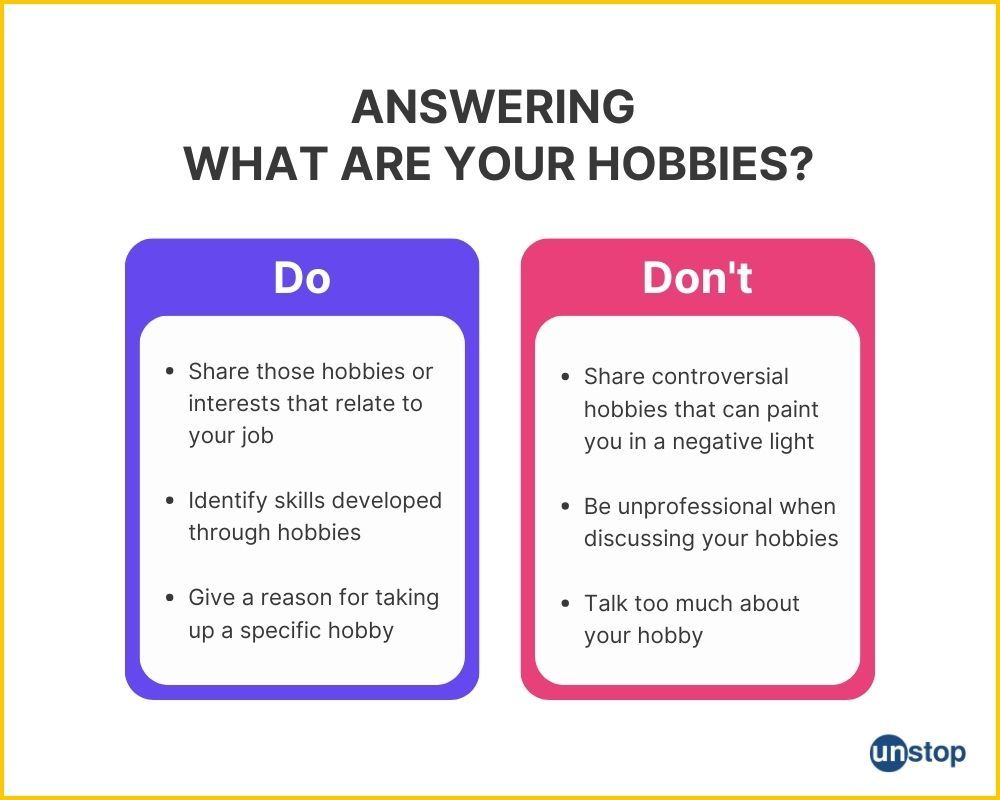
Here’s how to answer this common interview question effectively:
- Be Honest: Mention hobbies you genuinely enjoy.
- Stay Relevant: Choose hobbies that subtly align with the job.
- Give Context: Briefly explain what the hobby involves and what you learn from it.
- Highlight Skills: Link the hobby to soft or hard skills applicable to the role.
Example: “One of my main hobbies is photography. I enjoy capturing everyday moments and telling stories through visuals. It has taught me patience, attention to detail, and creativity—skills I find valuable in [insert role].”
Hobbies and Related- Skills for Interview Preparation
|
Hobby Category |
Skills Highlighted |
Example Hobbies |
|
Creative & Artistic |
Creativity, attention to detail, storytelling, and design thinking |
Drawing, Painting, Graphic Designing, Photography, Video Editing, Writing, Blogging, DIY Crafts, Animation |
|
Communication-Oriented |
Communication, confidence, persuasion, and clarity of thought |
Public Speaking, Debating, Content Creation (YouTube/Reels), Podcasting, Teaching, Theatre, Hosting Events |
|
Analytical & Strategic |
Problem-solving, critical thinking, and logical reasoning |
Chess, Sudoku, Puzzles, Logic Games, Fun Programming, Stock Analysis, Strategy Board Games (Catan, Risk) |
|
Leadership & Collaboration |
Teamwork, leadership, initiative, and accountability |
Organizing Events, Volunteering, Club Leadership, Mentoring, MUN Participation, Scouting/NCC, Team Games |
|
Health & Wellness |
Discipline, focus, energy, and stress management |
Yoga, Meditation, Running, Fitness Routines, Hiking, Sports (Football, Cricket), Martial Arts |
|
Tech & Digital |
Tech-savviness, adaptability, innovation |
Coding, Web/App Development, Learning Tools (Canva, Figma), Hackathons, AI Tools, Gaming |
|
Cultural & Social |
Curiosity, open-mindedness, global perspective, self-learning |
Traveling, Learning Languages, Cultural Cooking/Baking, Reading Fiction/Non-fiction |
Tips on How to Frame What Is Your Hobby Answer
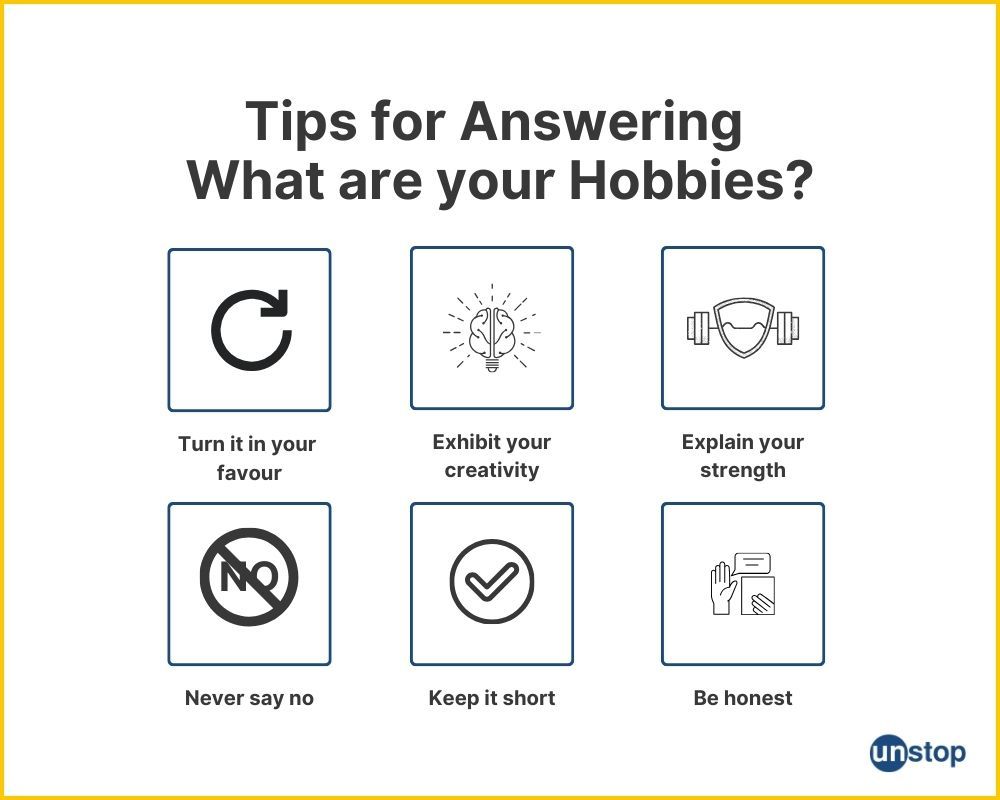
✅ 1. Don’t Over-Explain
Avoid getting carried away when discussing hobbies. These questions reveal your personality, so stay confident and concise.
✅ 2. Tailor to the Job
List 5–7 hobbies and pick the ones relevant to the role. Choose analytical hobbies like chess for logic-based jobs or creative ones like painting for creative roles.
✅ 3. Be Brief
Keep your answers short. Long responses eat up time that could be used to highlight your career goals.
✅ 4. Be Honest
Don’t fake hobbies. Genuine answers help you stay confident and avoid tricky follow-ups.
✅ 5. Never Say "No Hobbies"
Saying you have no hobbies shows disinterest and makes you appear dull or unmotivated.
✅ 6. Show Creativity
Use this question to reflect your creative side. Share how hobbies have helped you grow and handle stress better.
✅ 7. Highlight Strengths
Mention hobbies that showcase your strengths and personality traits valued in the job.
What Are Your Hobbies? Sample Answers for Interview
Here are 10 sample "What are your hobbies?" interview questions with answers tailored for job interviews across different roles and experience levels:
1. What are your hobbies?
I enjoy reading biographies and non-fiction books on leadership and innovation. It helps me understand different perspectives, which I believe improves my communication and decision-making at work.
2. Tell me about a hobby that you are passionate about.
I'm passionate about photography. It trains my eye for detail and composition—skills that translate well into project management, where clarity and attention to detail are crucial.
3. How does your hobby contribute to your professional growth?
My hobby of blogging enhances my written communication skills and discipline. Writing regularly also helps me explain complex ideas in a simple way, which is essential in my current role.
4. Do you have any hobbies that involve teamwork?
Yes, I play football with a local club every weekend. It has taught me the value of teamwork, strategy, and staying composed under pressure—qualities that I carry into the workplace.
5. Do you prefer solitary hobbies or group activities?
I enjoy a mix of both. Solo activities like sketching help me unwind and think creatively, while group hobbies like volunteering offer opportunities to connect and collaborate with others.
6. Have you learned any skills from your hobbies that apply to work?
Definitely. My hobby of coding side projects has strengthened my problem-solving skills and helped me keep up with evolving tech trends—an advantage in my software development career."
7. What do your hobbies say about your personality?
I believe they show that I'm curious and proactive. Whether it’s cooking new cuisines or learning a new language, I enjoy exploring and challenging myself—qualities I bring to work, too.
8. Do you think hobbies are important for work-life balance?
Absolutely. I practice yoga daily—it helps me maintain a calm mindset, stay focused, and manage stress effectively. Hobbies provide a much-needed balance to work responsibilities.
9. What hobby have you recently taken up and why?
I recently started learning Spanish on Duolingo. It keeps my mind active and reflects my interest in expanding my global communication skills, which is useful in international client interactions."
10. How do you make time for your hobbies despite a busy schedule?
I schedule time for hobbies just like any other priority. Even 20–30 minutes a day for reading or journaling helps me recharge and stay mentally sharp, which improves my productivity.
How to Answer “What Are Your Hobbies?” If You Don’t Have One
Not everyone has a well-defined hobby, and that’s completely normal. If you’re someone who doesn’t engage in a specific activity regularly, you can still give a thoughtful response that reflects curiosity and personal growth.
Tips to Frame Your Answer:
- Highlight productive use of your free time, such as learning, reflecting, or connecting with others.
- Mention casual interests – like watching documentaries, exploring podcasts, or reading articles.
- Show willingness to explore – express your openness to discovering new hobbies or interests in the future.
Example: "While I don’t have a formal hobby at the moment, I enjoy watching insightful documentaries and attending webinars in my free time. It keeps me engaged, informed, and continuously learning—something I find valuable both personally and professionally."
Benefits of Having a Hobby: Personal vs. Professional
Hobbies aren’t just pastimes—they shape your identity and can enhance both personal well-being and professional growth:
|
Type |
Key Benefit |
How It Helps You |
|
Personal |
🧠 Mental Well-being |
Helps reduce stress, anxiety, and prevents burnout through enjoyable engagement. |
|
🛠️ Skill Development |
Builds practical and soft skills outside of academic or job-related settings. |
|
|
🔍 Self-Discovery |
Encourages reflection on your values, preferences, and inner strengths. |
|
|
⚖️ Work-Life Balance |
Promotes healthier boundaries between personal joy and professional duties. |
|
|
Professional |
🔄 Transferable Skills |
Improves skills like communication, problem-solving, and creativity for workplace use. |
|
🤝 Networking Opportunities |
Opens doors to meet like-minded people and build industry connections. |
|
|
💬 Interview Talking Points |
Makes interviews memorable and gives you a personal story to share. |
|
|
😌 Stress Management Showcase |
Demonstrates emotional maturity and ability to handle pressure constructively. |
Conclusion
Answering “What are your hobbies?” in an interview is more than just listing your favorite pastimes—it's an opportunity to reflect your personality, showcase valuable soft skills, and make a lasting impression. Whether you're a student, a fresher, or a working professional, having meaningful hobbies demonstrates balance, self-awareness, and a drive for continuous learning.
Even if you don’t have a formal hobby, how you spend your time outside of work can still highlight qualities that matter to employers. So take the time to think about your interests, be honest, and frame them in a way that connects with the role you’re applying for. When done right, this simple question can become a powerful part of your personal pitch.
Frequently Asked Questions (FAQs)
Q1. Can I mention watching TV or movies as a hobby?
Yes, if you explain what kind of content you watch (e.g., documentaries, educational videos) and what you learn from it.
Q2. Should I list hobbies on my resume?
If your hobbies align with the role or highlight relevant strengths, including them on your resume can add value and help you stand out.
Q3. Is it okay to mention gaming as a hobby?
Yes, especially if it involves strategy, team play, or technical skills. Just avoid making it the main focus.
Q4. What if I’m nervous about sharing personal hobbies?
Stick to neutral, widely accepted hobbies that reflect positively on you without revealing too much personal detail.
Q5. Do hobbies really matter in an interview?
Yes, especially in competitive roles where cultural fit and soft skills are crucial. They help differentiate you from others.
You may also like to read:
As a biotechnologist-turned-writer, I love turning complex ideas into meaningful stories that inform and inspire. Outside of writing, I enjoy cooking, reading, and travelling, each giving me fresh perspectives and inspiration for my work.
Login to continue reading
And access exclusive content, personalized recommendations, and career-boosting opportunities.
Subscribe
to our newsletter
Blogs you need to hog!
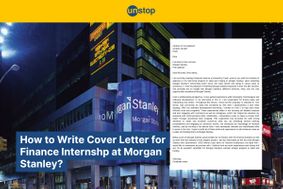
How To Write Finance Cover Letter For Morgan Stanley (+Free Sample!)
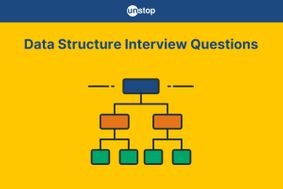
55+ Data Structure Interview Questions For 2026 (Detailed Answers)

How To Negotiate Salary With HR: Tips And Insider Advice
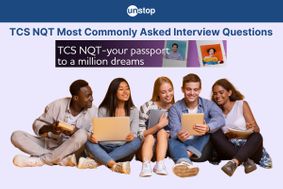











Comments
Add comment